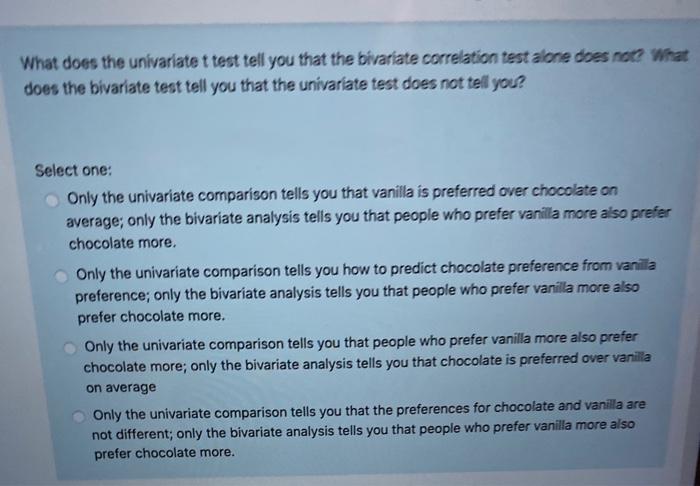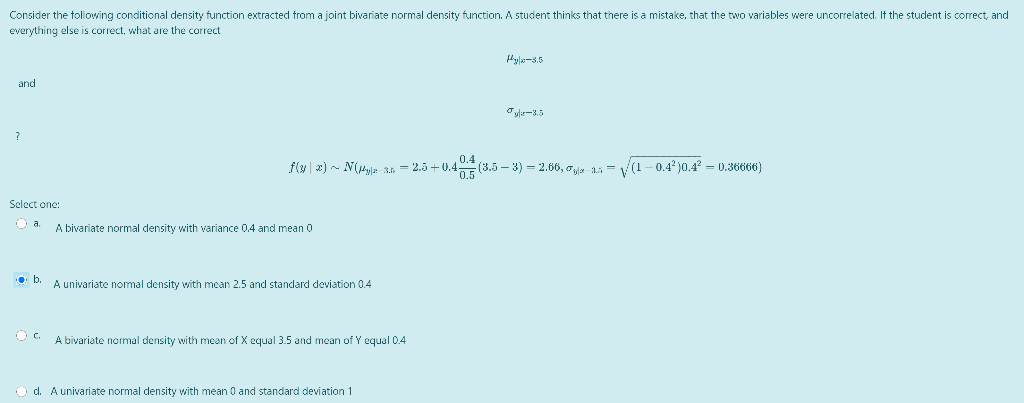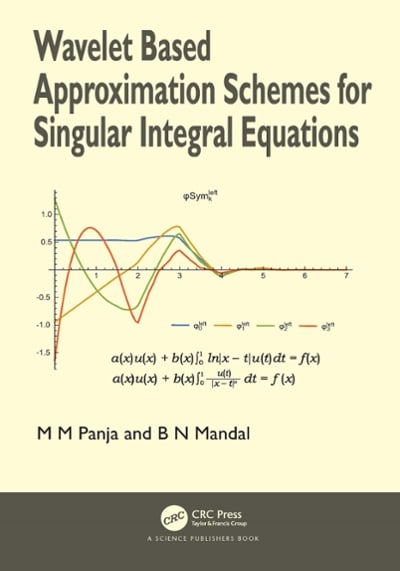Question
a secret key is framed with 4 numbers (1-6) trailed by 3 letters (A-G). accept the default position is that rehashes are permitted. the number
a secret key is framed with 4 numbers (1-6) trailed by 3 letters (A-G). accept the default position is that rehashes are permitted. the number of various passwords would you be able to frame if:
no number is rehashed
in the event that no letters can be rehashed
the first and second numbers should be unique
adjoining numbers and letters should be unique
A MBA graduate is going after nine positions, and accepts that she has in every one of the nine cases a steady and free 0.48 likelihood of getting an offer. a. What is the likelihood that she will have at any rate three offers? b. On the off chance that she needs to be 95% sure of having at any rate three offers, what number of more positions would it be advisable for her to apply for? (Expect every one of these extra applications will likewise have a similar likelihood of achievement.) c. On the off chance that there are close to the first nine positions that she can apply for, what estimation of likelihood of achievement would give her 95% certainty of in any event three offers?
At the point when another machine is working appropriately, just 3% of the things created are deficient. Accept that we will arbitrarily choose two sections created on the machine and that we are keen on the quantity of flawed parts found. a. Depict the conditions under which the present circumstance would be a binomial test. b. Draw a tree outline like Figure 5.4 showing this issue as a two-preliminary analysis. c. What number of test results bring about precisely one deformity being found? d. Process the probabilities related with discovering no deformities, precisely one imperfection, and two deformities.
\21\
Consider a Poisson circulation with a mean of two events for each time span. a. Compose the fitting Poisson likelihood work. b. What is the normal number of events in three time spans? c. Compose the suitable Poisson likelihood capacity to decide the likelihood of x events in three time-frames. d. Figure the likelihood of two events in a single time-frame. e. Figure the likelihood of six events in three time spans. f. Process the likelihood of five events in double cross periods.




Step by Step Solution
There are 3 Steps involved in it
Step: 1

Get Instant Access to Expert-Tailored Solutions
See step-by-step solutions with expert insights and AI powered tools for academic success
Step: 2

Step: 3

Ace Your Homework with AI
Get the answers you need in no time with our AI-driven, step-by-step assistance
Get Started


